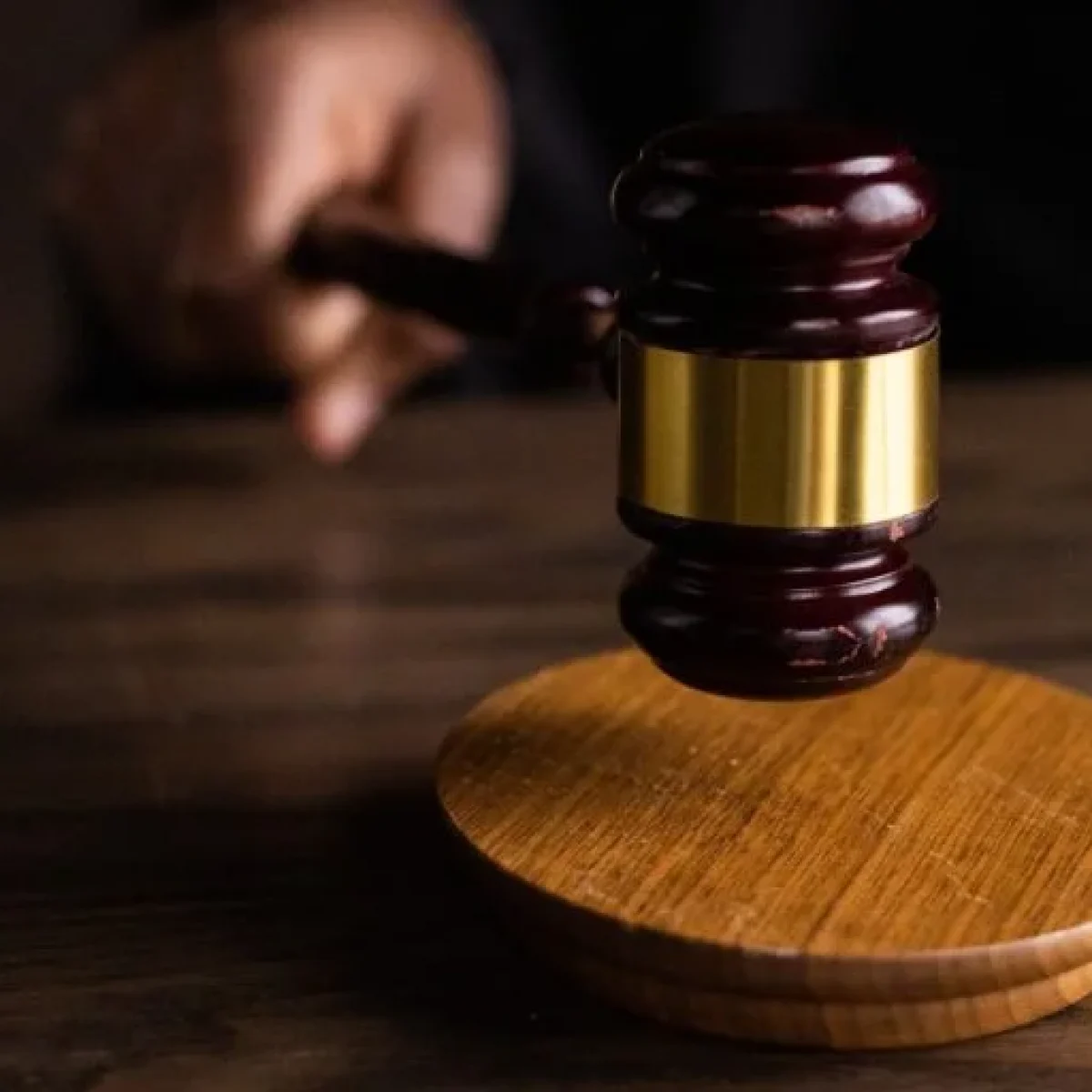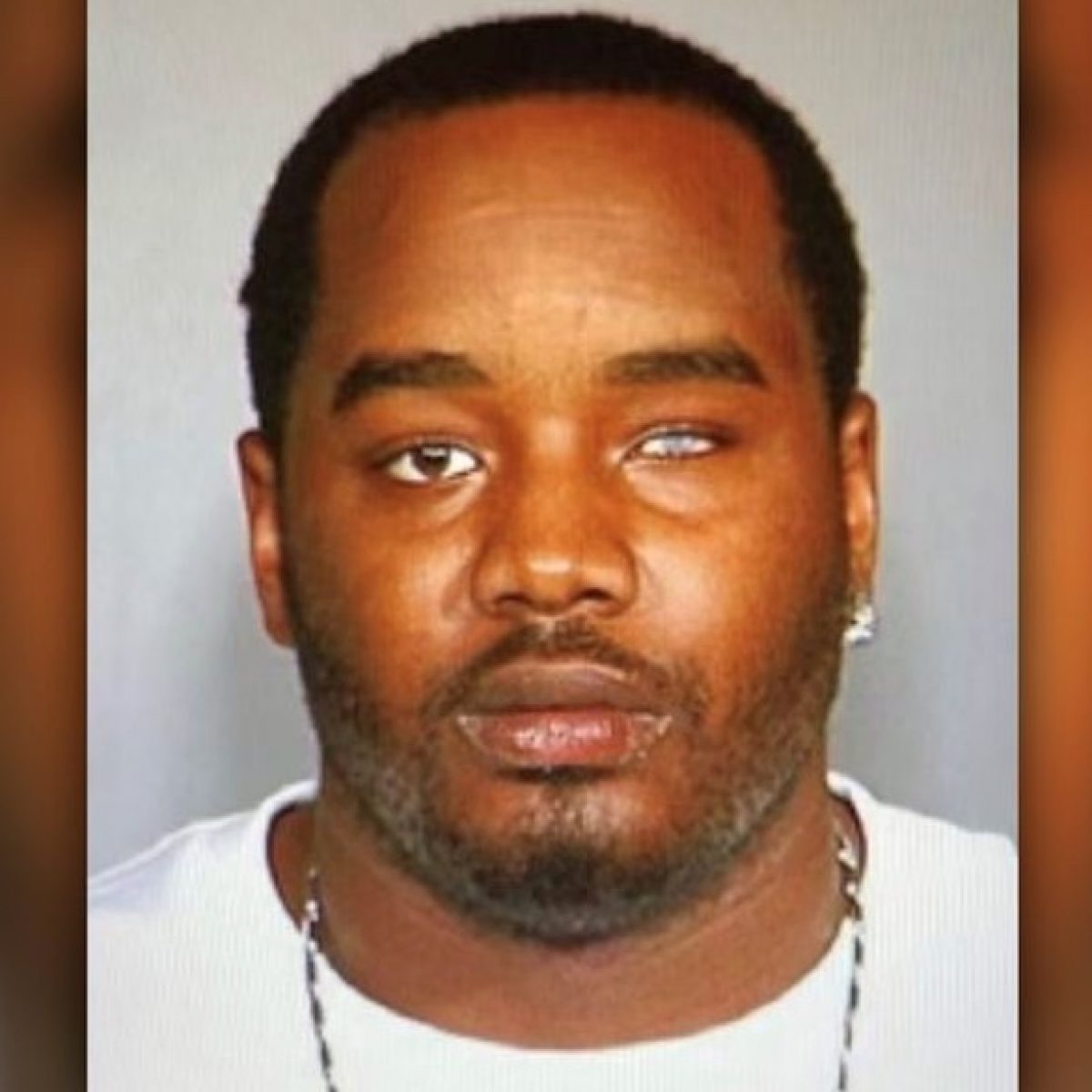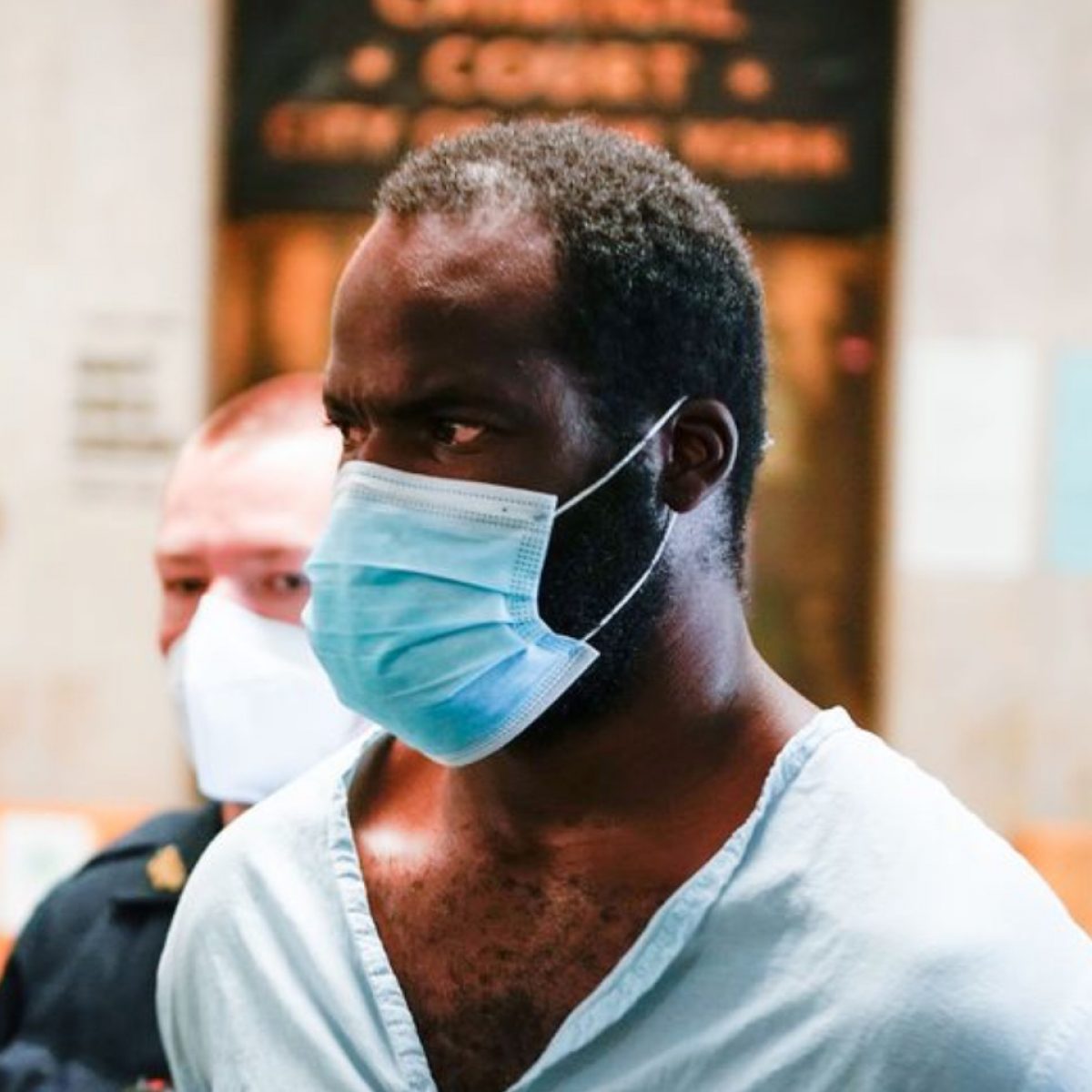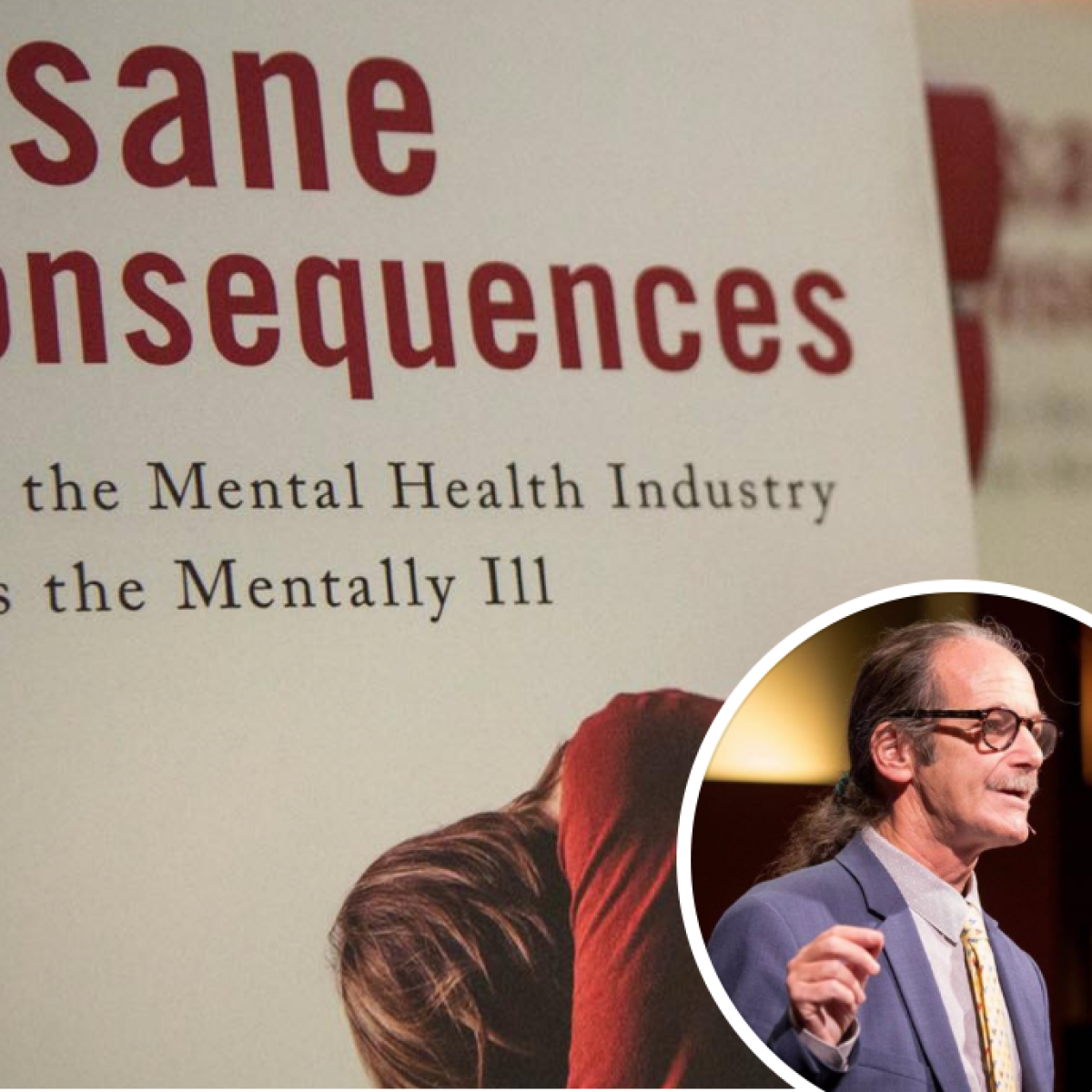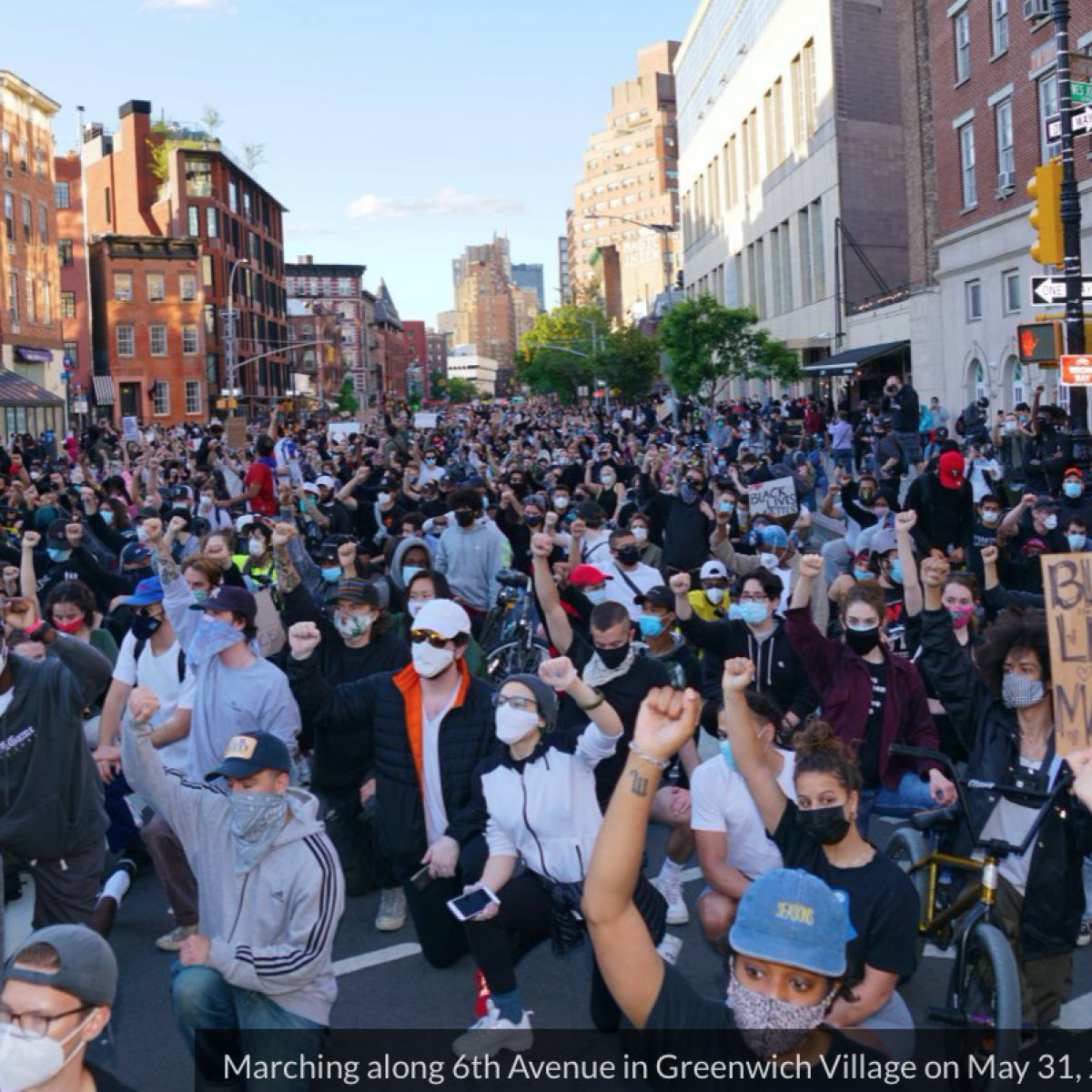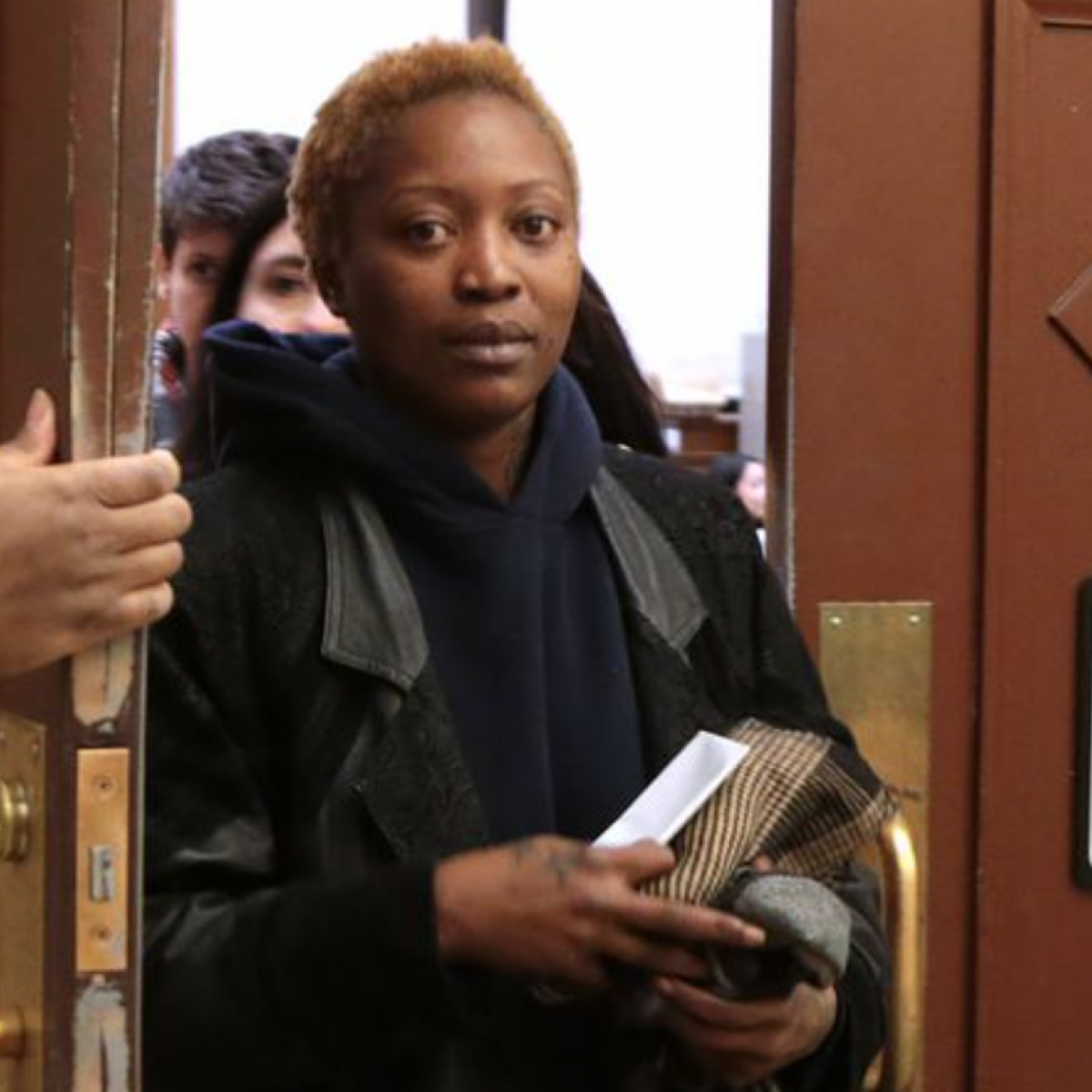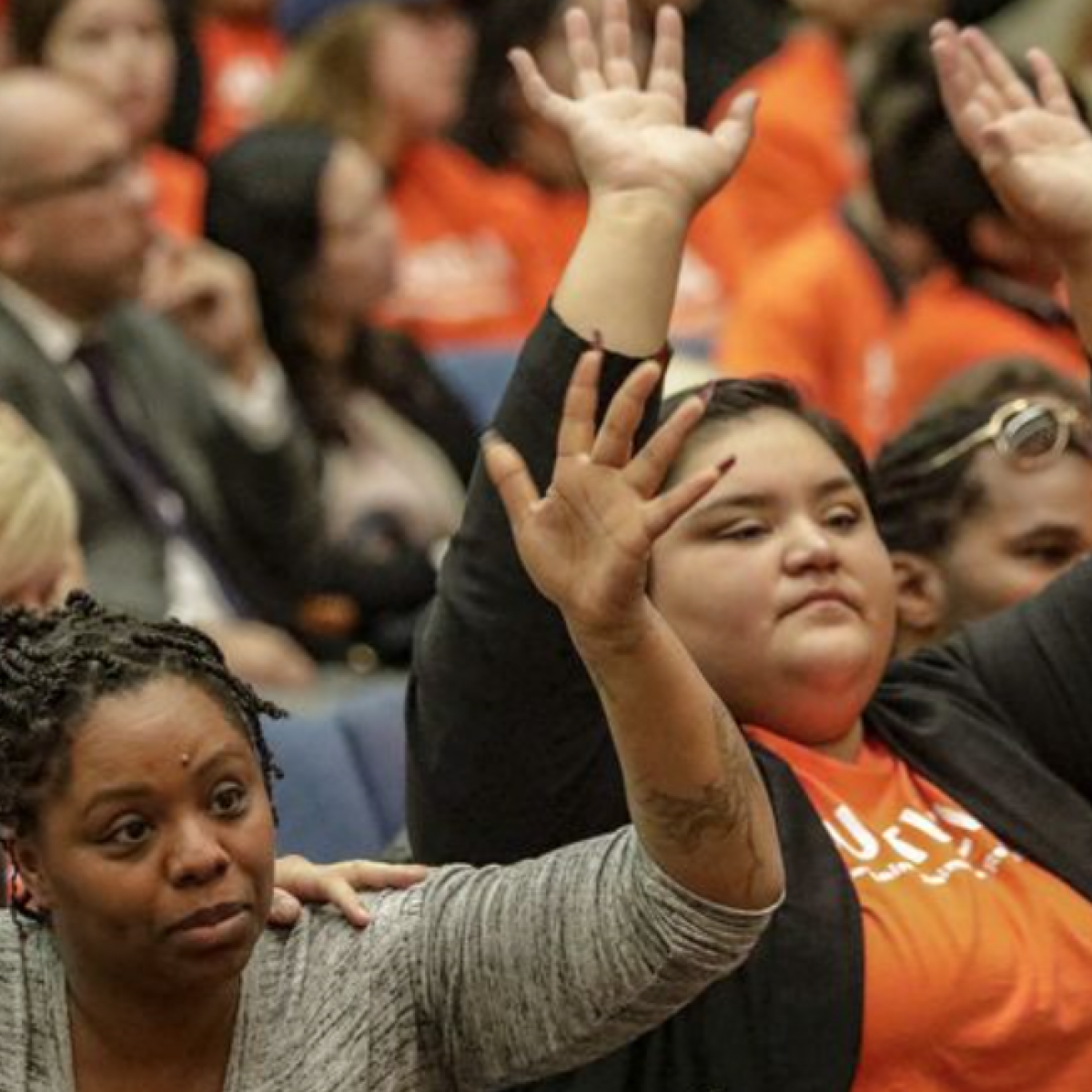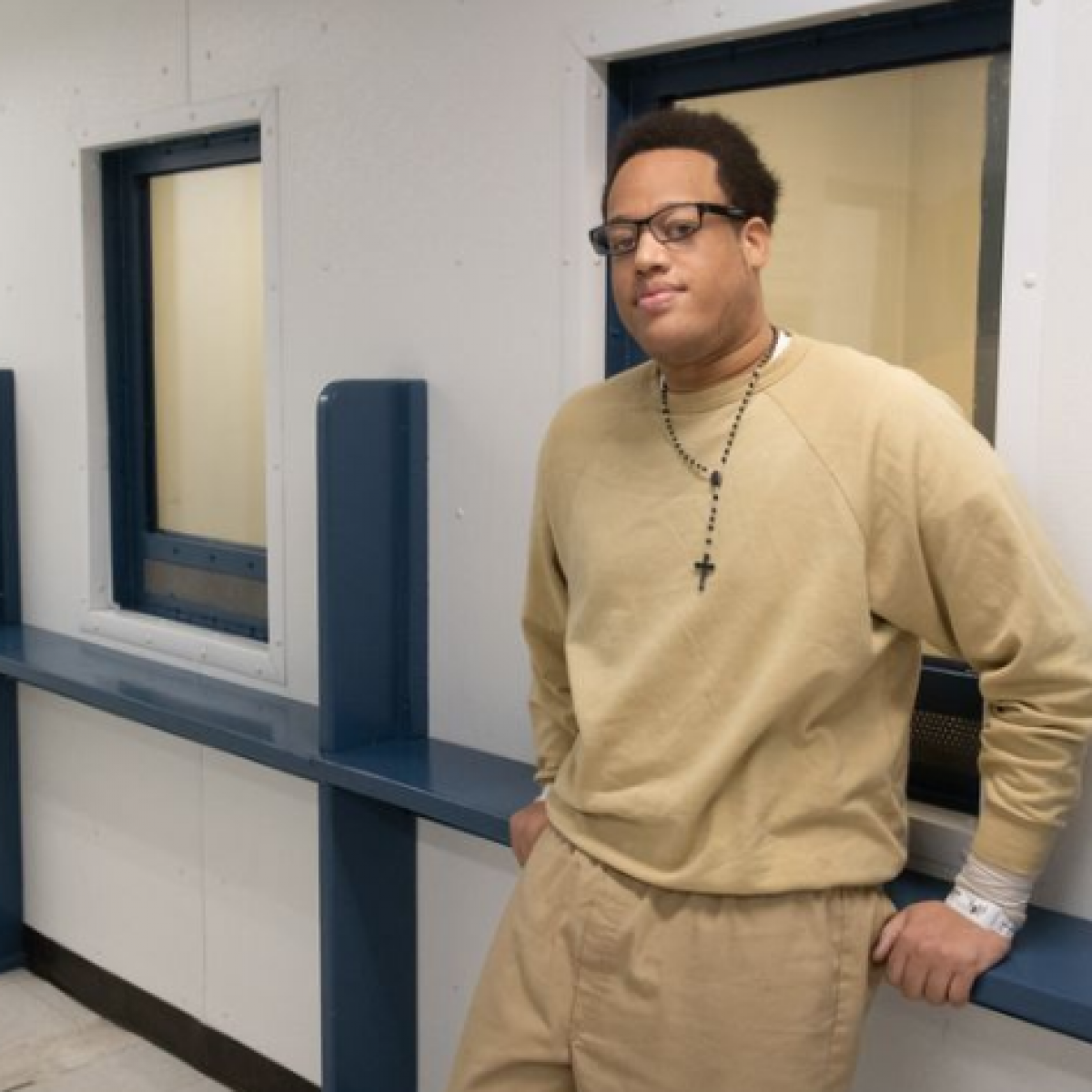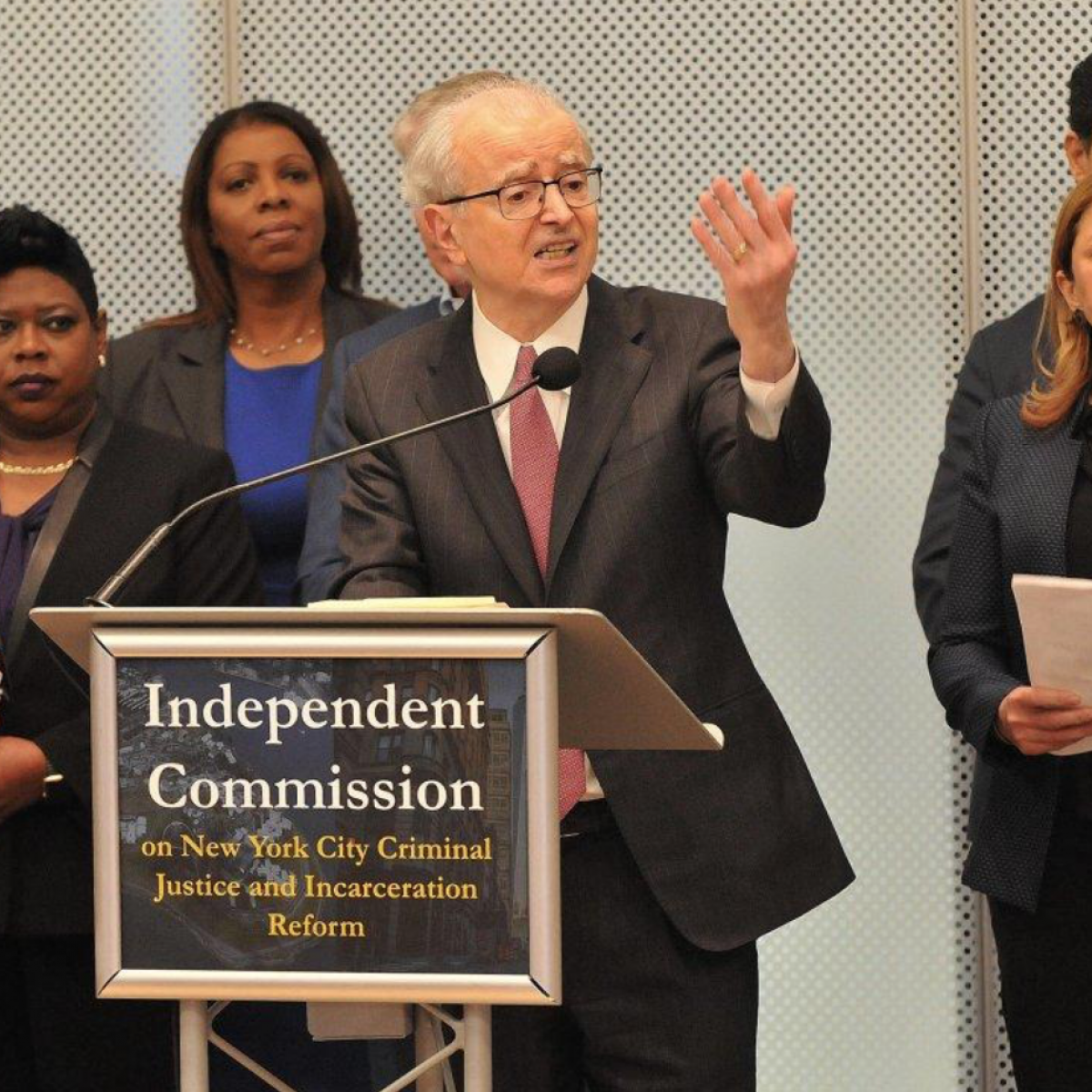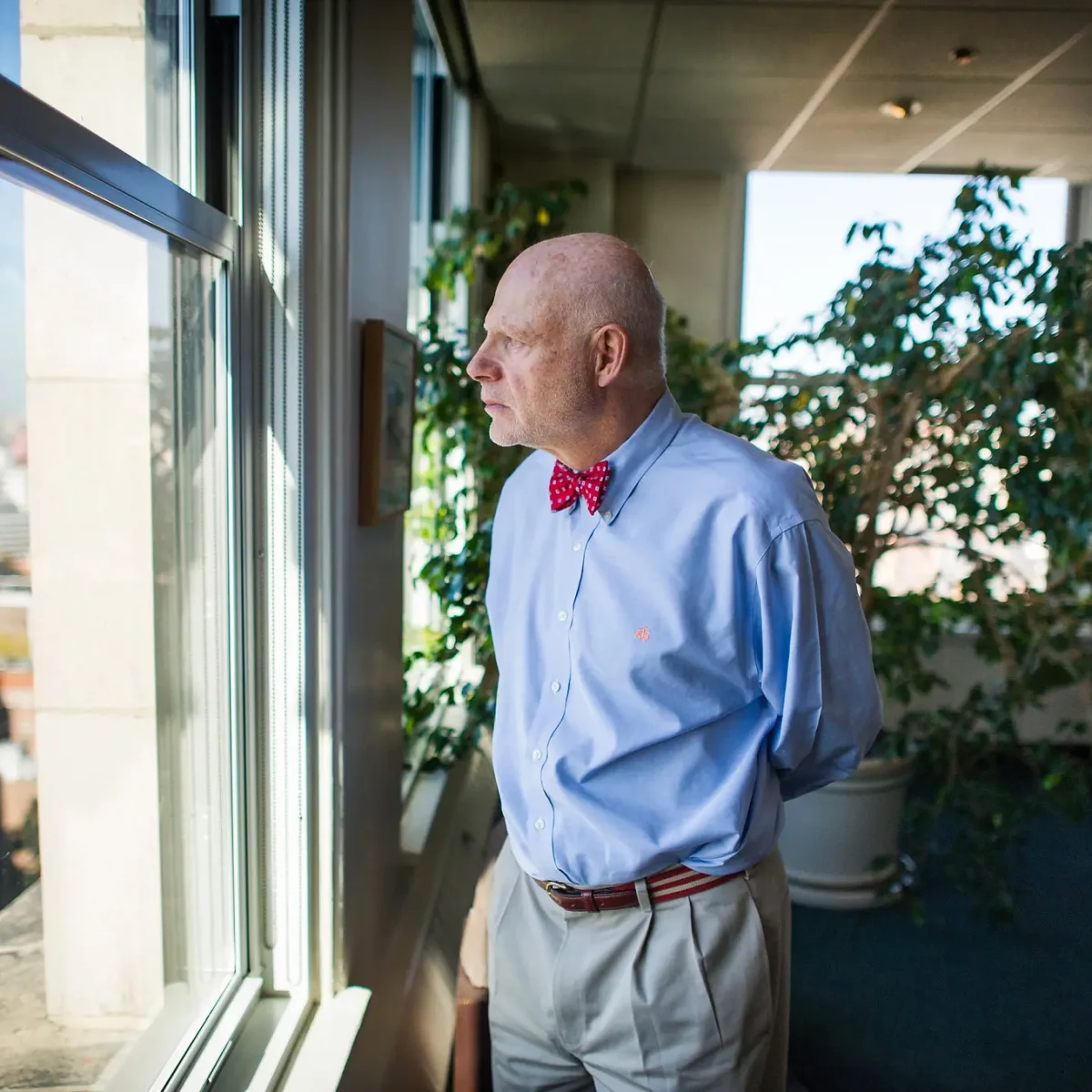Joel Porter, incarcerated on Rikers Island, and five unnamed plaintiffs sitting in state prison have no good place to go. All six have serious mental illness and all are caught up in the criminal justice system, instead of receiving treatment in the mental health system.
There’s a better way — if New York has the courage and creativity to provide appropriate care.
As recently reported in the Daily News, Porter has been at Rikers for more than four years, deemed mentally unfit to stand trial for attempted murder but unable to leave jail. His lawyer and the Manhattan DA’s office remain stalemated over securing treatment in a secure residence that offers mental health services — a type of facility that does not currently exist.
The five plaintiffs in a federal lawsuit have already served their time on felony convictions, yet they are not free to leave — because long-term mental health residential facilities don’t have enough beds, say their Legal Aid attorneys.
These stories are unlikely to end well.
Porter may eventually be released without having received the treatment he needed in jail or after, even though he is in jail because he attacked a psychiatric hospital orderly who was trying to help him.
The imprisoned plaintiffs remain confined against their will in so-called “residential treatment facilities” — psychiatric units embedded in state correctional facilities. They need long-term residential therapeutic housing, but the beds aren’t available.
These defendants, and potentially thousands more like them, may leave prison without the support they need to remain arrest-free and keep society safe.
From start to finish, the criminal justice system is no place to make treatment and housing decisions about the vast majority of people with serious mental illness. It’s easy to point fingers at the Manhattan DA or the state corrections commissioner, but that’s scapegoating people left in charge of a system they were never meant to run.
Not only are defense attorneys, DAs and corrections officials not meant to make treatment decisions; jails and prisons are not equipped, nor should they be, to serve as treatment centers for serious psychological ailments.
It is both past time and the perfect time for a new direction. Plans underway to close Rikers Island and open state-of-the-art new facilities, though not necessarily jail facilities, could be key to finding solutions to the tragedy of mass incarceration of people with serious mental illness. And because most of those incarcerated at Rikers could potentially end up in state prison, the state and city have a window of opportunity to together redirect this population from the criminal justice system to the mental health system.
Florida and Colorado are doing just that. Increasingly, courts in these states are not subjecting defendants to an awful cycle of treating them so that a judge will decide they are sane enough to stand trial, then locking them up in circumstances that worsen their already severe mental health conditions. Instead, they are transferring people directly to civil court proceedings that engage the mental health system.
Except for those who are truly dangerous to society, if the driving force behind a crime is a symptom of untreated serious mental illness, no one should feel good about creating psychiatric units within new city jails or “residential treatment facilities” in prisons, or think that this is good policy or progress. It’s neither.
We need more supportive housing and secure residential treatment facilities that are managed by mental health and not criminal justice professionals. Our current system is plainly unjust.
Roberts is executive director of the Greenburger Center for Justice.


